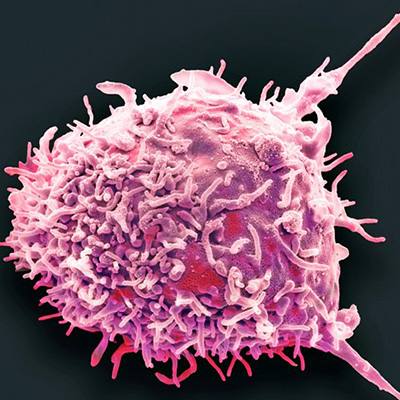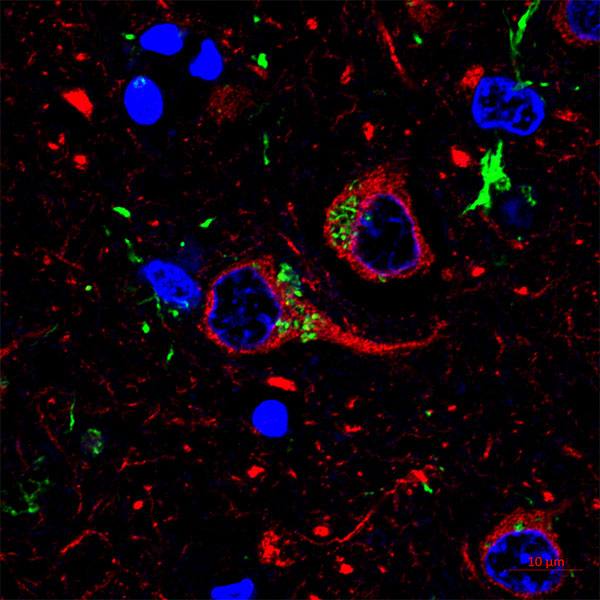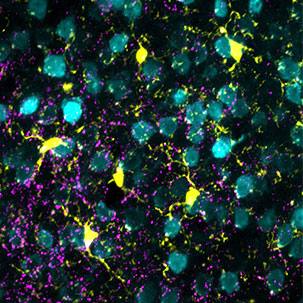-
Discovery Science
New Mayo Center for Biomedical Discovery
How do you starve cancer? How does the body recognize “self”? What makes cells stop producing insulin?
These are some of the unanswered, but fundamental questions Mayo Clinic’s new Center for Biomedical Discovery will be targeting. The center brings to the forefront the cellular and molecular expertise in Mayo’s laboratories, along with the latest technologies, to gain a better understanding of what actually causes disease. Discoveries in the laboratory form the basis for tomorrow’s clinical care, and Mayo’s scientists have been teaming with physicians to explore the needs of patients for over 100 years.
With over 30 years of scientific experience and a decade as leader of Mayo’s Department of Biochemistry and Molecular Biology, Mark McNiven, Ph.D. is director of the new center. Dr. McNiven says finding the mechanism of disease is essential to curing it, rather than simply limiting damage or treating symptoms.
“Our goal is to work closely with clinicians to provide answers and solutions for patients

everywhere,” he says. “We want to combine the objectives so we understand the cause of disease while we treat the condition.”
“Discovery science is a significant part of our research effort at Mayo Clinic, as it is the starting point in seeking help for our patients when current knowledge isn’t enough,” adds Gregory Gores, M.D., executive dean for Research at Mayo Clinic.
Under Dr. McNiven’s leadership, cross-disciplinary groups of researchers will be road mapping diseases to improve health in diverse fields. In the past year, teams at the center have published research on topics ranging from the progression of dysfunctional tau protein in Alzheimer’s disease to identification of a key gene that, if inhibited, could halt development of pancreatic cancer.
Teams are organized around three platforms of excellence, which guide the center’s research on disease processes spanning most organ systems.
- The Metabolism and Diabetes platform, led by Cheryl Conover, Ph.D., studies diseases related to defects in metabolism, such as obesity, type 2 diabetes and cardiovascular disease.
- The Immunity and Fibrosis platform, co-led by Virginia Shapiro, Ph.D., and Edward Leof, Ph.D., investigates the role of immune system in disease, including the causes of organ fibrosis and cirrhosis.
- The Cancer and Cell Aging platform, under the co-leadership of Daniel Billadeau, Ph.D., and Jan van Deursen, Ph.D., explores the mechanisms that contribute to unchecked cell growth, as well as the impact of cell aging on diseases like arthritis and muscle wasting.
To maximize discovery knowledge, the platforms in the center bring together teams of investigators from across Mayo Clinic. While the team science is initially focused on investigators within Mayo Clinic, there are plans to create alignment strategies with external partners in industry, academia and foundations as the center evolves. Dr. McNiven will also prioritize innovation and commercialization to help make new discoveries available to patients.
With team science and broad collaboration, Dr. McNiven plans to align the Center of Biomedical Discovery with the fundamental goal of Mayo Clinic — meeting the needs of its patients.
November 2015







